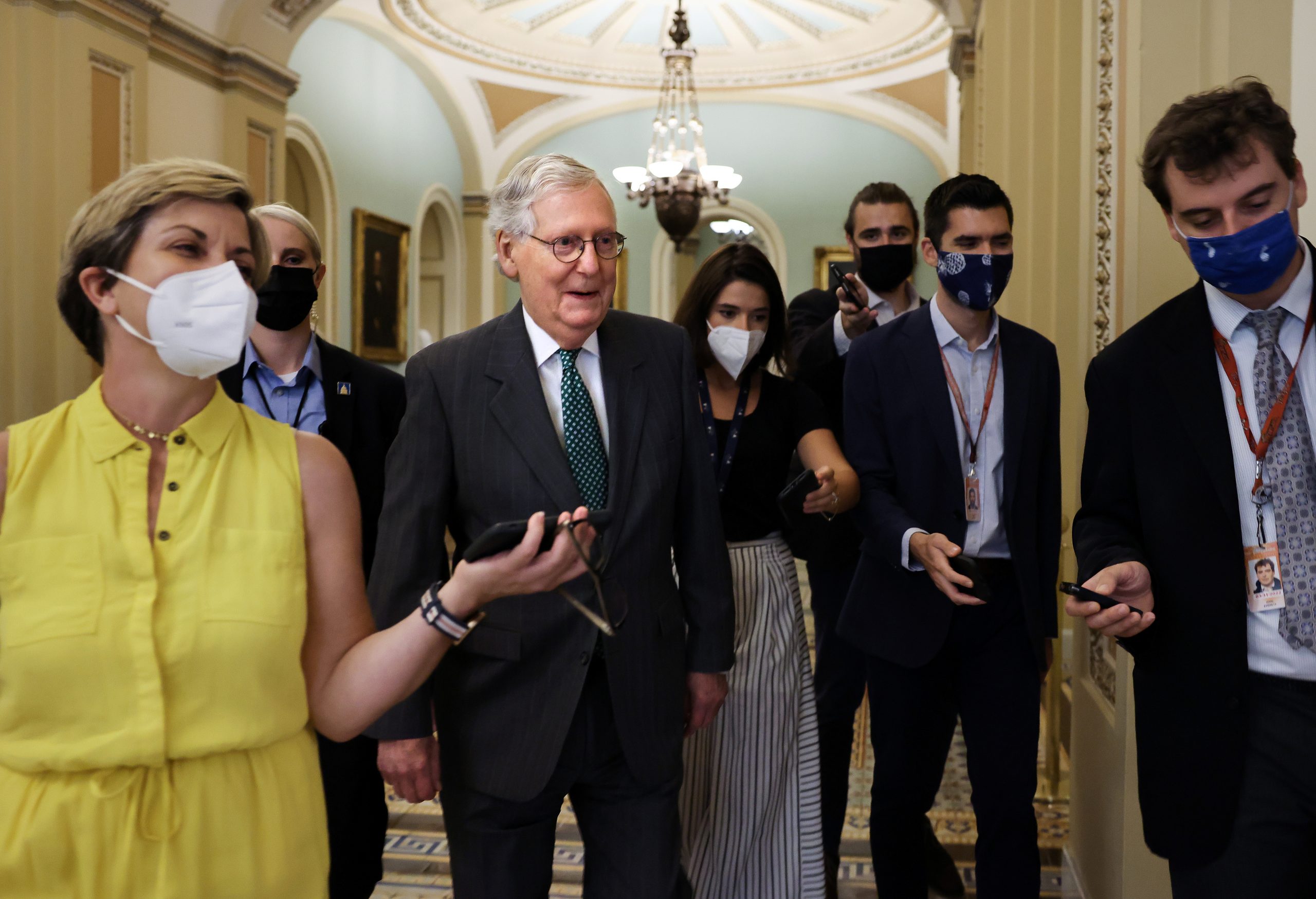
Justin Bullock, FISM News
[elfsight_social_share_buttons id=”1″]
Senators will reconvene on Saturday in efforts to pass the $1 trillion bipartisan infrastructure bill, which will provide funding for roads, bridges, railways, and more. The Infrastructure Investment and Jobs Act has been in discussion since last week with over two dozen amendments being proposed, debated, and voted on. While the initial underlying bill was generally agreed upon by both parties, since it has been put forward for debate on the Senate floor a number of senators have bogged down the progress toward passage by introducing a number of amendments.
The Congressional Budget Office (CBO) also released a report on the bill yesterday which said, based on their analysis, the legislation would result in $256 billion in deficits over the next ten years. This development could potentially stall the bill further in the Senate which will further delay the summer recess that is set to begin as soon as this bill is finalized. If the bill is passed it will then be handed to the House for consideration.
While the CBO has reported that the bill, as it stands now, may result in federal budgetary deficits over the next decade, the Senators in favor of the bill are saying that the CBO did not account for the estimates of revenues that the bill would generate. Senators indicate that the bill is estimated to generate $57 billion in added revenue that would be collected over the long term from the economic growth benefits of the infrastructure projects. In addition, senators say that the CBO did not account for the $53 billion in unused federal supplemental unemployment funds that will be returned from states.
Once this bill is passed, Democrats then hope to move forward on a $3.5 trillion budget bill that holds much of the agenda items cut from this infrastructure bill. Included in this larger bill are policy reforms surrounding immigration and climate change. Republicans are staunchly opposed to the bill and even some more moderate Democrats are expressing doubt about whether or not passing such a gigantic bill will be a good idea.
